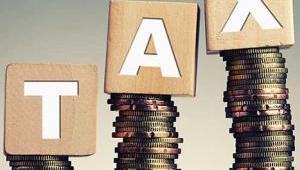
Photo: iStock
Lord David Willetts, executive chair of the Resolution Foundation think-tank, called for the government to reconsider sources of tax revenue to support rising health and welfare costs in Britain.
Research by the think-tank shows that by 2030, spending on education, health and social security is set to rise by £20bn a year and by £60bn a year by 2040.
The analysis, based on the Office for Budget Responsibility’s Fiscal Sustainability Report, shows that the increase in spending by 2040 will be equivalent to a 15p income tax rise unless other tax revenues are found.
In his speech, Willetts said: “We are now at a tipping point because boomers are growing old with fewer people of working age coming on behind them.”
Consequently, the former Conservative cabinet member suggested a higher rate of tax for the baby boomer generation, generally considered those born between 1945 and the early 1960s.
This group, he said, had been fortunate to take advantage of a “demographic sweet spot” with lots of working age contributors and relatively few pensioners and children.
He added a tax on boomer wealth would be “done reluctantly” but the alternatives were worse.
“Cuts in the services people rely on, unaffordable high public borrowing or even higher taxes on our kids and grandchildren,” he said.
“Unless we act, at some point we will face a choice between changing our approach to taxation, or cutting access to the NHS and letting social care get into an even deeper crisis.”











